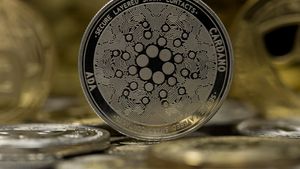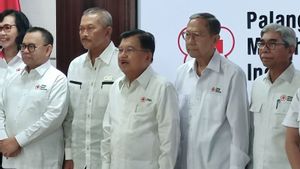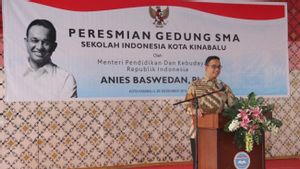JAKARTA Apple reportedly almost reached an agreement with the Indonesian government to lift the ban on the sale of the iPhone 16 in the country. This agreement comes after the technology giant from the United States received initial approval of a $1 billion investment proposal.
President Prabowo Subianto has provided his support for Apple's investment plan at a briefing last weekend. The proposal includes the construction of manufacturing facilities in Indonesia, including the AirTag production plant on Batam Island.
The factory in Batam is projected to employ around 1,000 workers in the early stages and is expected to meet 20% of global AirTag production in the future. This location was chosen because of its status as a free trade area, which provides tax exemptions and import duties.
In addition, additional investments will be allocated for the construction of manufacturing facilities in Bandung that will produce other accessories as well as the expansion of Apple's developer academy in Indonesia. President Prabowo has instructed the Coordinating Ministry for Economic Affairs to complete this agreement, although there is no definite schedule for lifting the iPhone 16 sales ban.
The reason for Apple's Initial Ban on iPhone 16 sales in Indonesia was imposed last October after authorities found that Apple failed to meet the local content requirement of 40% on its smartphone. Apple's initial offer of 10 million US dollars and then 100 million US dollars was rejected by the government because it was deemed inadequate.
VOIR éGALEMENT:
This latest investment proposal is a significant step for Apple to meet the demands of the government as well as show the success of Indonesia's strategy in attracting foreign investment.
This agreement also strengthens Indonesia's position as an important market for Apple, considering that more than half of Indonesia's 278 million people are under the age of 44.
If approved, this will be one of the largest investments made by Apple in Southeast Asia, as well as opening up new opportunities for technology development and employment in Indonesia.
This agreement is also an example of the success of the government's strategy in encouraging international companies to contribute more to the local economy.
The English, Chinese, Japanese, Arabic, and French versions are automatically generated by the AI. So there may still be inaccuracies in translating, please always see Indonesian as our main language. (system supported by DigitalSiber.id)













